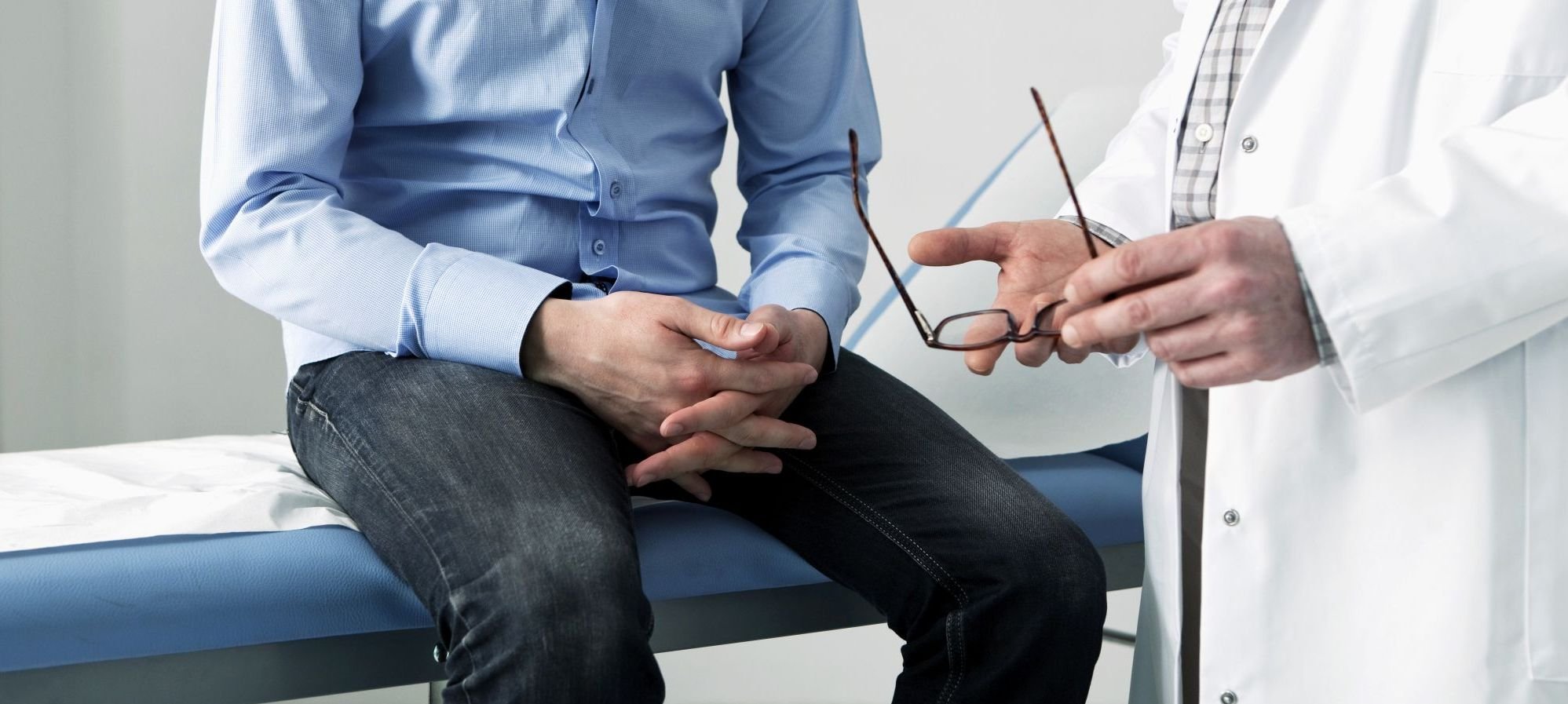When to Worry About Hemorrhoids
/When to Worry About Hemorrhoids
Hemorrhoids are a common condition that affects millions of people worldwide. While often uncomfortable, they're usually not a cause for serious concern. However, there are instances when hemorrhoids can signal more severe issues or require medical attention. This blog post will help you understand when your hemorrhoids might be more than just a minor inconvenience.
Understanding Hemorrhoids
Hemorrhoids are swollen veins in the lower rectum or anus. They can be internal (inside the rectum) or external (under the skin around the anus). Common symptoms include:
Itching or irritation in the anal area
Pain or discomfort
Swelling around the anus
Bleeding during bowel movements
While these symptoms are typically manageable with home remedies, certain signs should prompt you to seek medical attention.
Red Flags: When to See a Doctor
1. Persistent Bleeding
If you notice more than just a small amount of blood on toilet paper or in the toilet bowl, it's time to consult a doctor
.While bleeding can be a common symptom of hemorrhoids, it can also indicate other more serious conditions such as colorectal cancer.
2. Severe Pain
Hemorrhoids are often described as uncomfortable rather than painful. If you experience severe pain, especially if it's sudden and intense, it could be a sign of a thrombosed hemorrhoid or another condition requiring immediate attention
3. Prolapsed Hemorrhoids
If you feel a lump or bulge protruding from your anus that doesn't go back in on its own, you may have a prolapsed hemorrhoid. While some can be treated at home, others may require medical intervention
4. Symptoms Persisting Beyond a Week
If your symptoms don't improve after about a week of home treatment, it's advisable to see a doctor. Persistent symptoms could indicate that your condition is more severe or that you might be dealing with something other than hemorrhoids.
5. Recurrent Issues
If you find yourself frequently dealing with hemorrhoid flare-ups despite lifestyle changes and home treatments, it's worth discussing with a healthcare provider. They can offer more advanced treatment options or investigate if there's an underlying cause.
The Importance of Proper Diagnosis
It's crucial to remember that symptoms of hemorrhoids can sometimes mimic those of other, more serious conditions. These may include:
Anal fissures
Inflammatory bowel disease
Colorectal cancer
Rectal prolapse
This is why proper diagnosis by a healthcare professional is essential, especially if you're experiencing concerning or persistent symptoms.
Assessing Your Symptoms
Determining the severity of your hemorrhoid symptoms is a crucial first step in seeking appropriate treatment. To help you with this process, consider taking the Hemorrhoid Symptom Checker Quiz. This interactive tool offers valuable insights into your condition, helping you decide whether to pursue home remedies or seek professional medical attention.Understanding the grade of your hemorrhoids is key to developing an effective treatment plan. The approach for Treating Hemorrhoid Grades 1 and 2 often differs significantly from that of more advanced cases. For example:
Grade 1 and 2 hemorrhoids may respond well to conservative treatments like dietary changes, over-the-counter remedies, or minimally invasive in-office procedures.
Grade 3 and 4 hemorrhoids typically require more aggressive interventions, potentially including surgical options.
By accurately assessing your symptoms and understanding the grade of your hemorrhoids, you can work with healthcare professionals to choose the most appropriate and effective treatment path. Remember, early intervention often leads to simpler, less invasive treatments and better outcomes.
Prevention and Home Care
While knowing when to worry is important, prevention is always better than cure. Here are some tips to help prevent hemorrhoids or manage mild symptoms:
Eat a high-fiber diet
Stay hydrated
Exercise regularly
Avoid straining during bowel movements
Don't sit on the toilet for extended periods
For mild symptoms, over-the-counter creams, ointments, or suppositories can often provide relief. Sitz baths (sitting in warm water for 10-15 minutes) can also help soothe discomfort.
While hemorrhoids are often a benign condition, they can sometimes be a cause for concern. By being aware of the warning signs and knowing when to seek medical attention, you can ensure that you're taking the best care of your health. Remember, if you're ever in doubt about your symptoms, it's always better to consult with your healthcare provider or Find A Hemorrhoid Doctor Near You. Your health and peace of mind are worth it.





